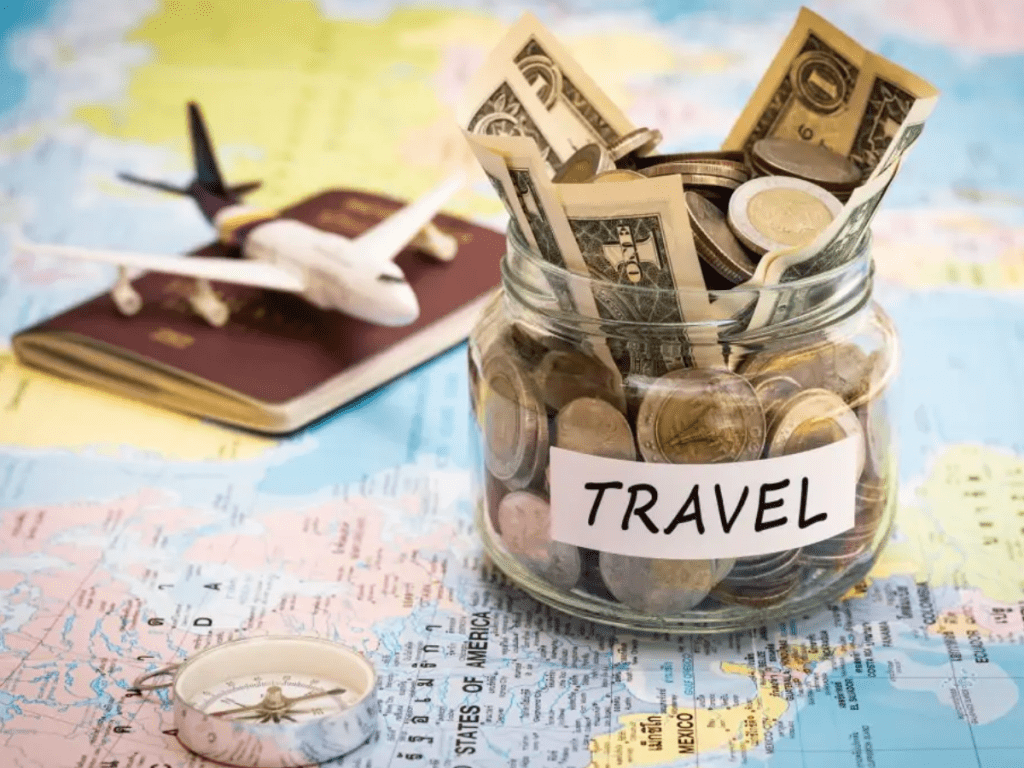Introduction
When planning a trip, one of the most common questions that arise is whether travel insurance is worth the investment, especially in the context of emergencies. The decision to purchase travel insurance often hinges on the perceived level of risk associated with a trip, as well as the potential costs of unforeseen events. Travel insurance can provide a safety net for unexpected situations, particularly emergencies that can disrupt travel plans or result in significant financial loss. In this comprehensive guide, we will explore the importance of travel insurance for emergencies, the types of coverage available, and how to determine if it’s worth it for you.
Understanding Travel Insurance
Before delving into whether travel insurance is worth it for emergencies, it’s important to understand what travel insurance is and what it covers. Travel insurance is a policy that provides financial protection against unforeseen events that may disrupt your travel plans or result in additional expenses. These policies vary widely in terms of coverage, exclusions, and costs. However, most travel insurance policies offer some combination of the following types of coverage:
- Trip Cancellation: Reimbursement for the non-refundable costs of a trip if you need to cancel due to covered reasons such as illness, injury, or family emergencies.
- Trip Interruption: Coverage for additional expenses incurred if you have to cut your trip short for a covered reason, such as a medical emergency or natural disaster.
- Medical Coverage: Coverage for medical expenses incurred while traveling, including hospital visits, surgeries, medications, and emergency medical evacuation.
- Emergency Evacuation: Coverage for the costs of evacuating you from a dangerous situation, whether due to a natural disaster, political unrest, or a medical emergency.
- Lost or Stolen Luggage: Compensation for personal items that are lost, damaged, or stolen during travel, including baggage, personal belongings, and electronics.
- Travel Delay: Reimbursement for additional expenses incurred due to a travel delay, such as meals, accommodations, or transportation costs.
Why Travel Insurance Matters for Emergencies
Emergencies can happen at any time, and the consequences of these situations can be financially devastating if you’re not properly insured. Travel insurance plays a crucial role in offering peace of mind and financial protection when things go wrong. Here are several reasons why travel insurance is worth it, particularly for emergencies:
1. Medical Emergencies Abroad
One of the primary reasons to invest in travel insurance is to protect yourself against medical emergencies while traveling. If you fall ill or sustain an injury abroad, your regular health insurance might not cover the costs, particularly if you’re in a foreign country. Medical expenses can quickly escalate, especially in countries with high healthcare costs. For example, a trip to the hospital in the United States could easily cost thousands of dollars, and without insurance, you would be left to cover those costs out of pocket.
Travel insurance with medical coverage ensures that you have access to the necessary medical treatment without worrying about how to pay for it. Some policies also cover emergency medical evacuation, which could be vital in case you need to be airlifted to a hospital or evacuated from an area of danger, such as during a natural disaster or civil unrest.
2. Trip Interruptions and Cancellations
Emergencies can also result in the cancellation or interruption of your trip. Whether it’s an unexpected family emergency, illness, or the death of a loved one, you may be forced to cancel your travel plans at the last minute. Without travel insurance, you could lose all of the money you’ve invested in non-refundable flights, hotel bookings, and activities.
Travel insurance with trip cancellation and trip interruption coverage ensures that you are reimbursed for these costs, up to the limits specified in your policy. This can help mitigate the financial blow of having to cancel or cut short your trip.
3. Lost or Delayed Luggage
While losing luggage might not seem like a critical emergency, it can be a major inconvenience, especially if you’re traveling internationally. Losing your luggage can leave you without essential items such as clothing, toiletries, and even important documents like your passport. In some cases, your luggage might be delayed, causing disruption to your travel plans.
Travel insurance can provide compensation for lost, stolen, or damaged luggage. In some cases, policies may also reimburse you for the costs of purchasing necessary items, such as clothing and toiletries, while you wait for your luggage to arrive.
4. Natural Disasters and Political Unrest
Natural disasters such as hurricanes, earthquakes, and wildfires can occur at any time and disrupt travel plans. Similarly, political instability or civil unrest in certain regions can make travel dangerous or even impossible. Travel insurance can provide coverage in these situations, including emergency evacuation, reimbursement for trip cancellation, and assistance with finding alternate routes.
Travel insurance policies vary in terms of their coverage for natural disasters and political unrest, so it’s essential to read the fine print and ensure that you’re adequately covered for these types of emergencies.
5. Travel Delays
Travel delays are a common frustration for travelers. Whether caused by weather, mechanical issues, or unexpected events like strikes, delays can lead to significant disruptions to your plans. Depending on the duration of the delay, you may be forced to stay in a hotel or incur additional transportation expenses. These extra costs can quickly add up.
Travel insurance can provide compensation for delays, including covering expenses like meals, hotel stays, and transportation. If the delay results in a missed connection or requires you to change your plans, travel insurance can help cover those costs as well.
Is Travel Insurance Worth It for You?
Now that we’ve covered the potential benefits of travel insurance for emergencies, the next question is whether it’s worth it for you personally. Several factors can influence your decision, including the nature of your trip, the destination, your health, and the cost of the insurance.
1. Destination Considerations
When traveling to certain regions, the need for travel insurance may be more pronounced. For example, if you’re heading to a destination known for political instability, natural disasters, or high healthcare costs, travel insurance becomes a critical investment. On the other hand, if you’re traveling to a destination with low risks and affordable healthcare, you might not need as extensive coverage.
2. Trip Duration and Complexity
The longer and more complex your trip is, the higher the likelihood of encountering unforeseen issues. If you’re going on a multi-country tour, for example, travel insurance can provide protection against trip interruptions, medical emergencies, and other potential disruptions. For shorter trips or destinations that are less likely to pose risks, travel insurance might not be as essential.
3. Pre-existing Health Conditions
If you have pre-existing medical conditions, such as a chronic illness or a history of medical issues, travel insurance is especially important. Many standard health insurance policies do not cover medical expenses incurred abroad, and pre-existing conditions may not be covered by some travel insurance policies. However, some insurers offer specialized coverage for travelers with pre-existing conditions, which can provide additional peace of mind.
4. Financial Considerations
The cost of travel insurance is an important factor to consider. Premiums for travel insurance typically range from 4% to 10% of the total cost of the trip, depending on factors such as the length of the trip, the destination, and the level of coverage. While this may seem like a significant expense, the potential costs of dealing with a medical emergency, trip cancellation, or other unforeseen events can be far greater without insurance.
In some cases, travel insurance can be bundled with other types of insurance, such as credit card travel protections or membership benefits from travel organizations. It’s important to compare the costs and coverage of different insurance providers to find the best option for your needs.
5. Personal Risk Tolerance
Ultimately, the decision to purchase travel insurance comes down to your personal risk tolerance. Some travelers may feel comfortable taking on the risks of traveling without insurance, while others may prefer the peace of mind that comes with knowing they’re covered in case of an emergency. If you’re particularly risk-averse or worried about potential emergencies, travel insurance can provide the security you need to enjoy your trip without worry.
Final Thoughts
In conclusion, travel insurance can be a valuable investment, particularly for emergencies that could disrupt your plans or result in significant financial loss. While not every trip requires travel insurance, the potential benefits—such as coverage for medical emergencies, trip cancellations, lost luggage, and travel delays—can provide invaluable protection in case of unexpected events.
When deciding whether travel insurance is worth it for your trip, consider factors such as the destination, duration, complexity, and the risks involved. If you’re traveling to a region with higher risks or have concerns about your health or other potential emergencies, travel insurance can provide peace of mind and protect your financial investment. Ultimately, the decision is a personal one, but in many cases, the cost of travel insurance is well worth the protection it provides in the event of an emergency.

